Blog
The Essential Role of a Construction Project Manager: Definition, Challenges, and Future Outlook
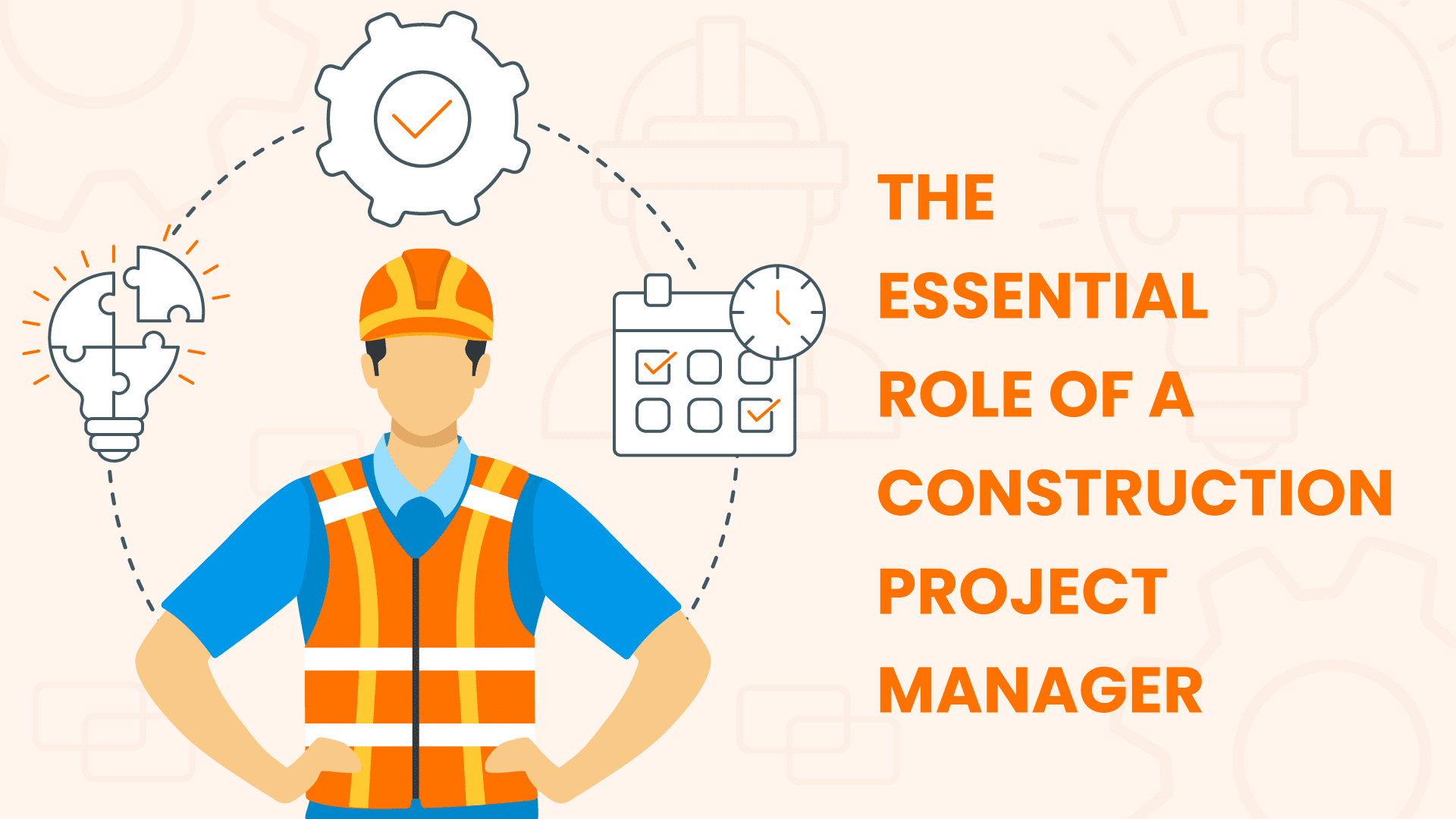
In the world of construction, where creativity meets engineering and structures reach for the sky, there is a silent hero orchestrating the entire show – the Construction Project Manager. Although the term “project manager” may seem generic, the role of a Construction Project Manager in the construction industry comes with its own unique set of challenges and responsibilities.
In this article, we will delve deep into the definition of a Construction Project Manager, explore how their role differs from other project managers, uncover the challenges they face, discuss the essential skills they need, and peek at what the future holds for this indispensable position.
Defining the Construction Project Manager
A construction project manager is a professional responsible for planning, coordinating, and overseeing all aspects of a construction project from its inception to completion. Their primary role is to ensure that the project is executed efficiently, on time, within budget, and in accordance with the specified quality and safety standards. Construction project managers play a pivotal role in the construction industry.
Differentiating the Construction Project Manager from Other Project Managers
The Unique Challenges
Project management is a versatile field, and construction project management stands out due to its distinctive challenges. Unlike project managers in other industries, those in construction face a set of hurdles that are often as imposing as the structures they are building.
 1. Dynamic Environment
1. Dynamic Environment
Unlike many other project managers, construction project managers work in an environment that is in a constant state of flux. Construction sites are subject to a myriad of external factors that can disrupt the best-laid plans. Weather conditions, such as sudden rainstorms or extreme heat, can halt work and create safety concerns.
Material deliveries may be delayed, affecting the project timeline. Unforeseen obstacles, like the discovery of unexpected soil conditions or structural issues, can arise at any moment. Consequently, construction project managers must be adept at adapting on the fly and making real-time decisions to keep the project on course. They act as the linchpin between project timelines and external forces that are often beyond their control.
 2. Complex Regulations
2. Complex Regulations
The construction industry is one of the most heavily regulated sectors. Construction project managers need to navigate a complex web of building codes, safety standards, and environmental regulations. Compliance is not merely a matter of bureaucratic paperwork; it’s about ensuring the safety of the project and those involved.
Each jurisdiction may have its own set of rules and regulations that must be meticulously followed, adding an extra layer of complexity. These regulations are there for good reasons, but they pose a significant challenge in ensuring the project proceeds smoothly while adhering to all legal requirements. A single misstep can result in costly delays or legal issues.
 3. Multi-Disciplinary Teams
3. Multi-Disciplinary Teams
Construction projects are like orchestras, involving a wide range of professionals, from architects and engineers to skilled labor. Managing these diverse teams and ensuring they collaborate effectively is an art. Each group has its unique language and perspective, and it’s the construction project manager’s responsibility to bring harmony to this diversity.
Architects focus on design and aesthetics, engineers on structural integrity, and skilled labor on turning these plans into reality. Managing these different priorities and perspectives while keeping the project on track is a daily challenge.
 4. Budget and Resource Management
4. Budget and Resource Management
One of the most significant challenges for construction project managers is the careful management of budgets and resources. Construction projects involve substantial financial investments, and it’s the project manager’s responsibility to ensure every dollar is spent wisely.
This means striking a delicate balance between minimizing costs without compromising the quality and integrity of the project. Ensuring that resources, such as labor, materials, and equipment, are allocated efficiently is an intricate task. Construction project managers must be skilled in cost estimation, financial planning, and risk management to ensure the project remains financially viable while delivering on its promises.
 5. Risk Mitigation
5. Risk Mitigation
The construction industry is inherently risky. Risks can come from various sources, including design flaws, supply chain disruptions, safety incidents, and unforeseen site conditions. Project managers must be vigilant in identifying potential risks, assessing their impact, and developing strategies to mitigate them. This involves not only proactively addressing known risks but also being prepared for the unexpected. Effective risk management is vital to avoid costly delays, disputes, and safety issues.
 6. Time Management
6. Time Management
Time management is a central challenge for construction project managers. Construction projects are often subject to tight deadlines, and any delays can have cascading effects on the entire project. Managing a project’s schedule involves creating realistic timelines, monitoring progress, and taking swift action when deviations occur. Construction project managers must be skilled in juggling multiple tasks and deadlines, all while keeping the project on course.
 7. Communication and Stakeholder Management
7. Communication and Stakeholder Management
Effective communication is paramount for project success, and construction project managers must be exceptional communicators. They serve as the linchpin between various stakeholders, including clients, contractors, regulatory bodies, and their project teams. Ensuring that all parties are informed, aligned, and engaged is a formidable challenge. Miscommunication can lead to misunderstandings, disputes, and project delays. Project managers must excel in both verbal and written communication to bridge the gaps between these diverse groups.
 8. Document Management
8. Document Management
Construction projects involve a wide range of documents, such as CAD files, blueprints, Requests for Information (RFIs), project plans, and multiple versions of documents. Construction project managers must manage and organize these documents efficiently. This includes ensuring that the construction site has access to the most recent versions of plans and documents, promoting collaboration among team members, and maintaining a file system that tracks and archives essential project-related files. Effective document management is essential to keep the project on schedule, minimize errors, and provide real-time access to critical information, ultimately improving productivity and communication within the project team.
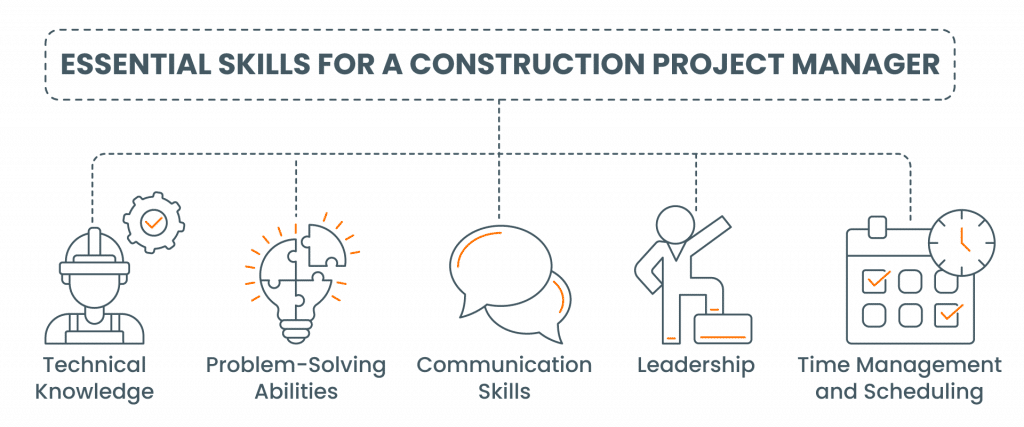
Essential Skills
To tackle these challenges, construction project managers need a unique set of skills:
- Technical Knowledge: A strong understanding of construction techniques, materials, and regulations is fundamental.
- Problem-Solving Abilities: Quick thinking and finding solutions on-site are indispensable.
- Communication Skills: Managing various stakeholders, from clients to contractors, requires excellent communication and negotiation skills.
- Leadership: Motivating and leading teams, often in high-pressure situations, is a skill every construction project manager must possess.
- Time Management and Scheduling: Managing project schedules in construction is critical. This includes creating realistic timelines, monitoring progress, and taking swift action when deviations occur.
Facing the Challenges Head-On
Being a construction project manager isn’t for the faint of heart. They are the ones who stand on the front lines, dealing with issues, making critical decisions, and ensuring the project progresses. They wear many hats, from negotiators and problem solvers to leaders and planners.
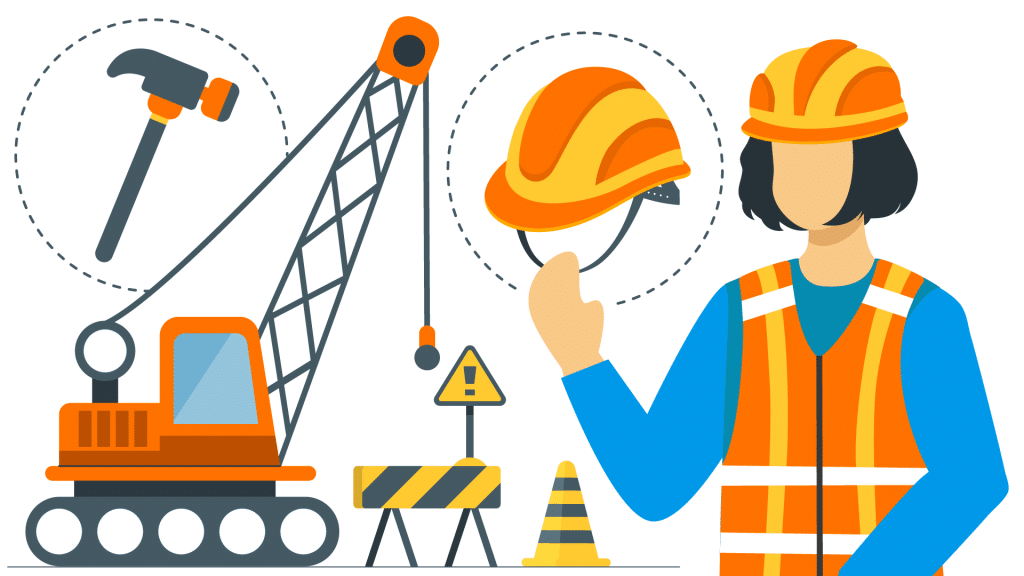
The Future of Construction Project Management
The construction industry is no stranger to innovation and change, and this extends to the role of construction project managers as well. With technological advancements and shifting industry dynamics, the future looks promising but challenging.
Embracing Technology
As with many industries, technology plays a significant role in reshaping the construction sector. Construction project management software, for instance, has become an indispensable tool. These software solutions help in project planning, resource allocation, and real-time tracking, making the job of a construction project manager more efficient and less prone to errors.
Moreover, Building Information Modeling (BIM) is transforming how projects are designed and constructed. BIM provides a digital representation of the project, helping in better visualization, collaboration, and decision-making. Construction project managers must stay updated with these technological advancements to remain competitive.
Sustainability and Regulations
The global focus on sustainability and environmental regulations is impacting the role of construction project managers. They must now consider not only the cost and schedule but also the environmental impact of a project. Navigating this landscape and ensuring compliance with changing regulations is a challenge they’ll face in the coming years.
Skilled Labor Shortages
The construction industry is experiencing a shortage of skilled labor. This presents a unique challenge for construction project managers regarding resource allocation and team management. They’ll need to find innovative ways to address this issue, such as upskilling existing workers or exploring automation and robotics.
Safety Emphasis
Ensuring safety has always been a top priority in the construction industry. However, with the advancement of technology, construction managers can now utilize drones, robots, and other innovative tools to improve safety standards at construction sites further. For instance, drones can be used to inspect difficult-to-reach areas and identify potential safety hazards.
Prefabrication Advancement
Prefabrication is an increasingly popular construction technique that involves assembling building components away from the construction site and then transporting them for installation. This approach offers several benefits, such as time efficiency, waste reduction, and improved quality control. In the coming times, construction managers need to familiarize themselves with this process and seamlessly integrate it into their projects.
Project Complexity
Construction projects are becoming more complex, from high-rise buildings with intricate designs to large-scale infrastructure projects. Construction project managers must enhance their problem-solving and risk-management skills to handle these complex projects efficiently.
Conclusion
In the grand scheme of things, a construction project manager can be likened to a captain navigating turbulent waters on a ship. They are the unsung heroes who ensure that the structures we live and work in are not only functional but also safe and visually appealing. Their role is diverse, challenging, and constantly evolving. The future looks promising, with technology driving efficiency and sustainability becoming a core concern. However, it also poses unique challenges that demand adaptability and resilience. As long as construction continues, there will always be a critical role for construction project managers in shaping our built environment.

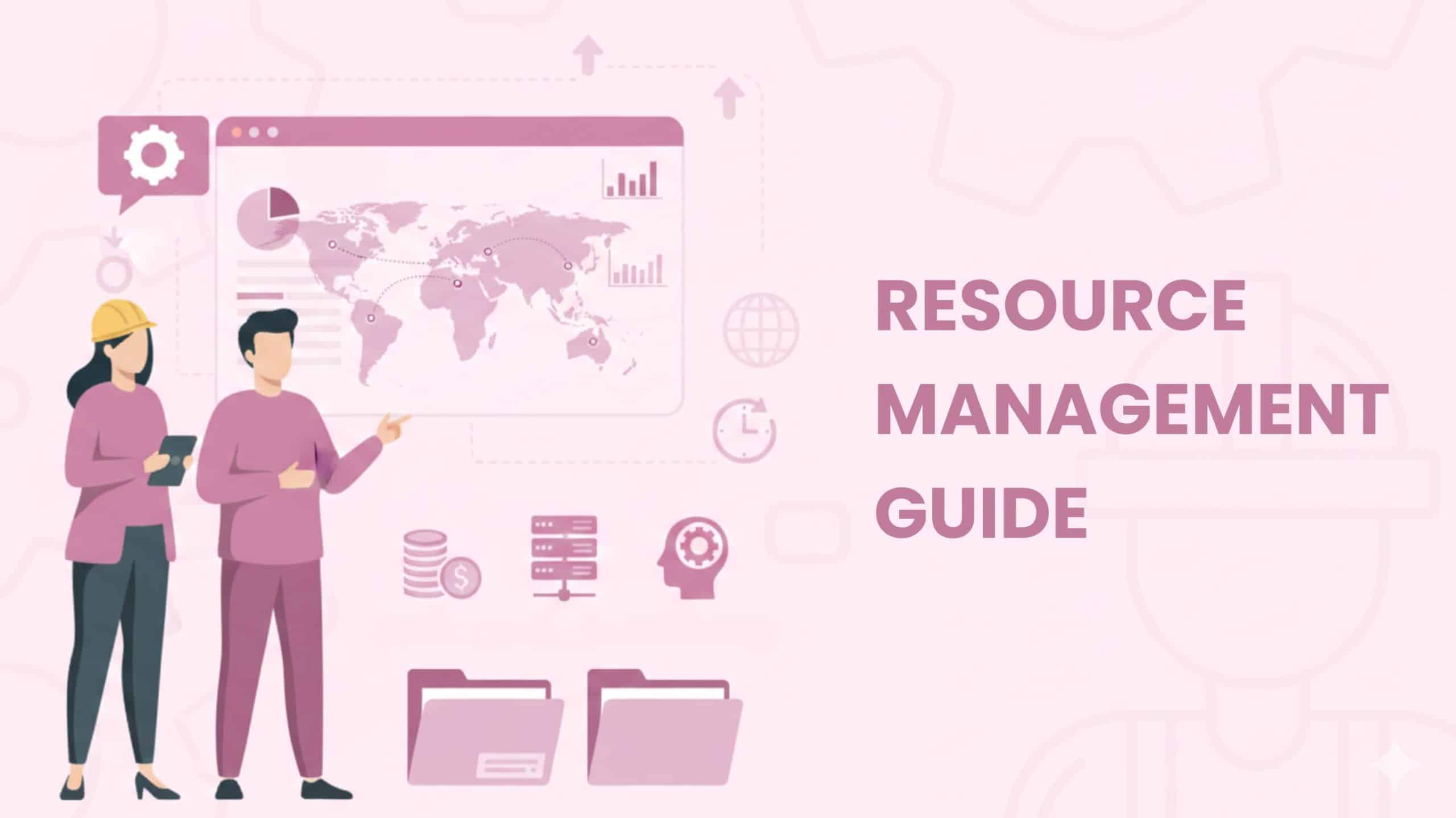
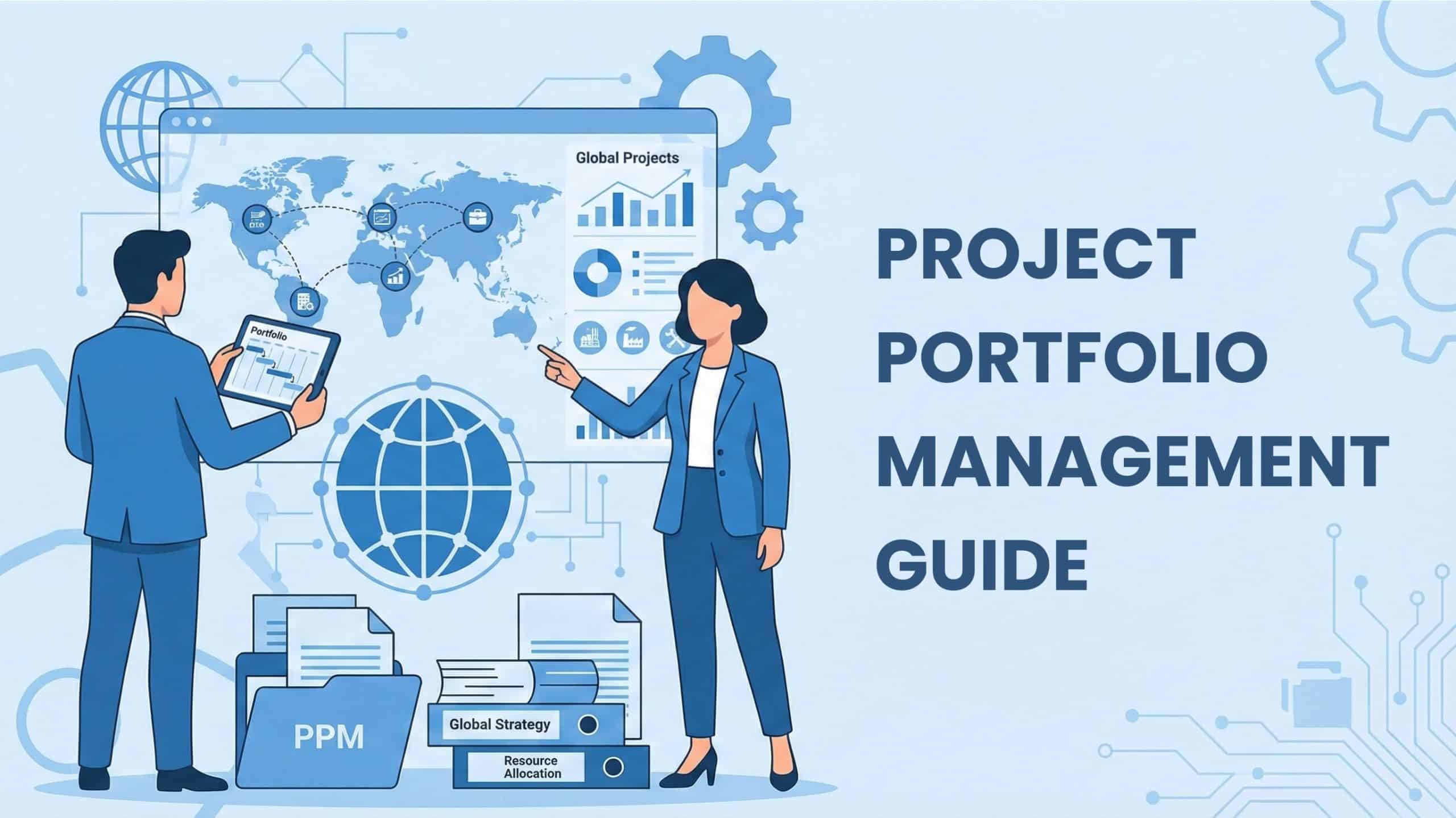

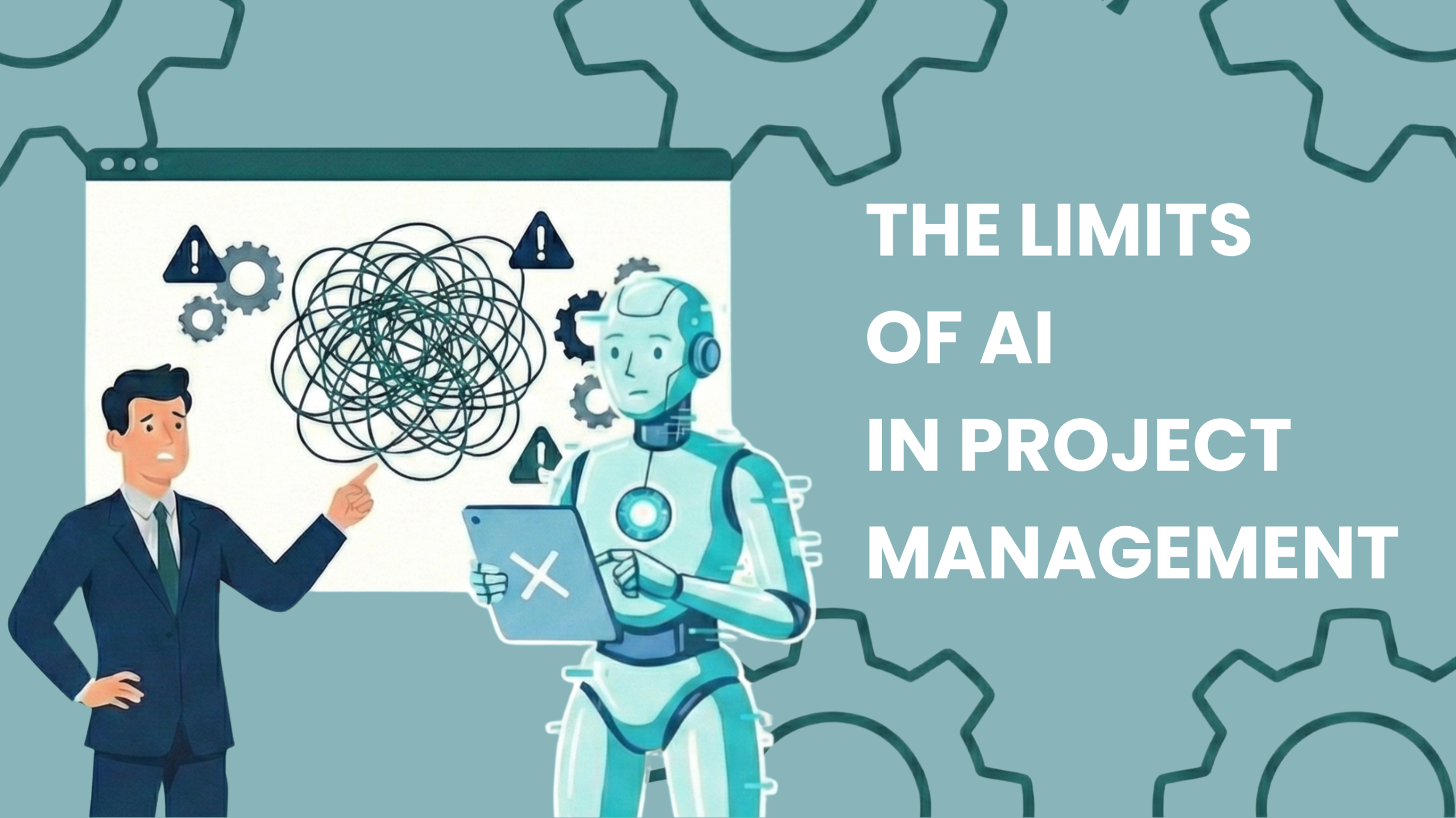
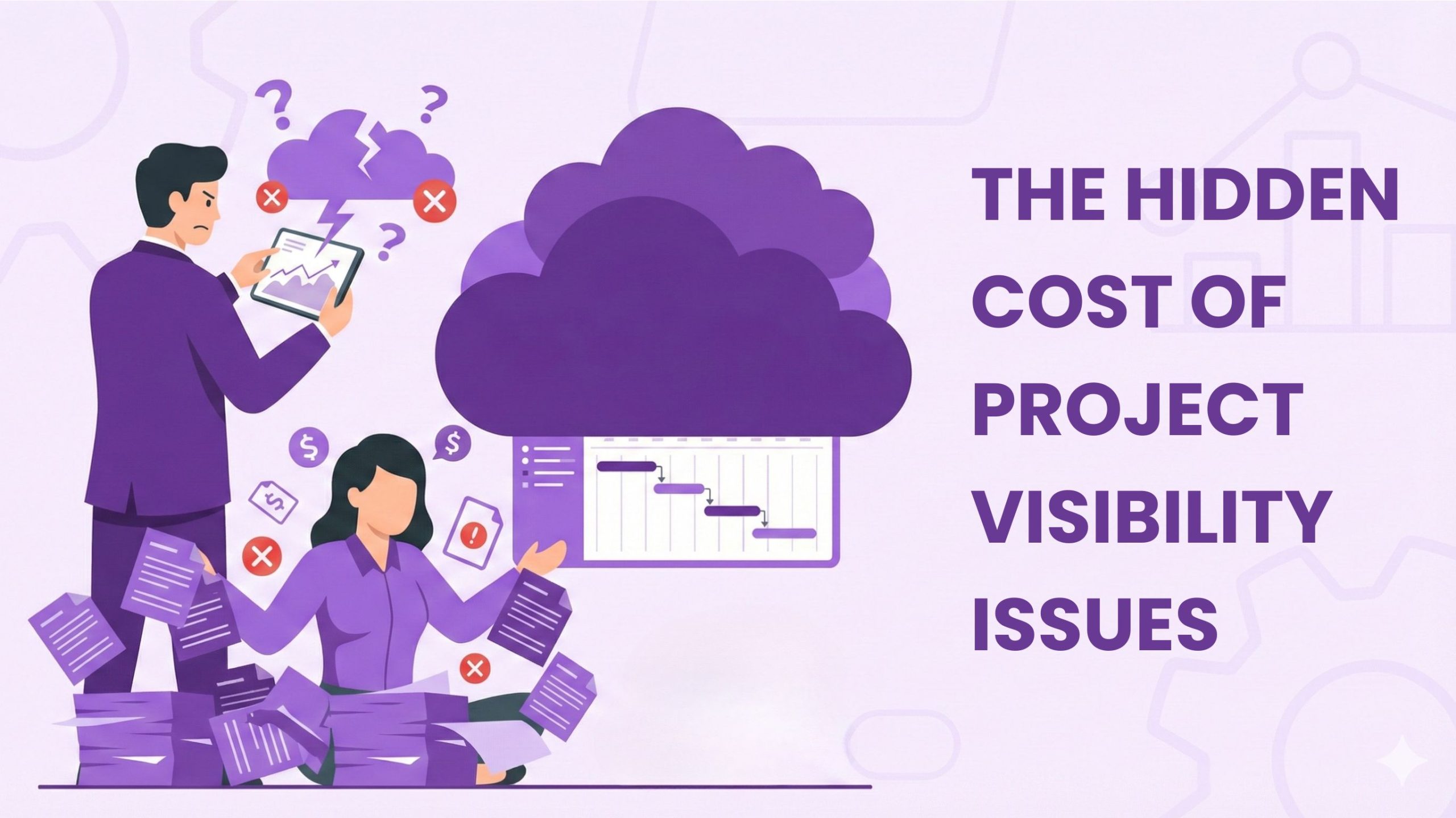
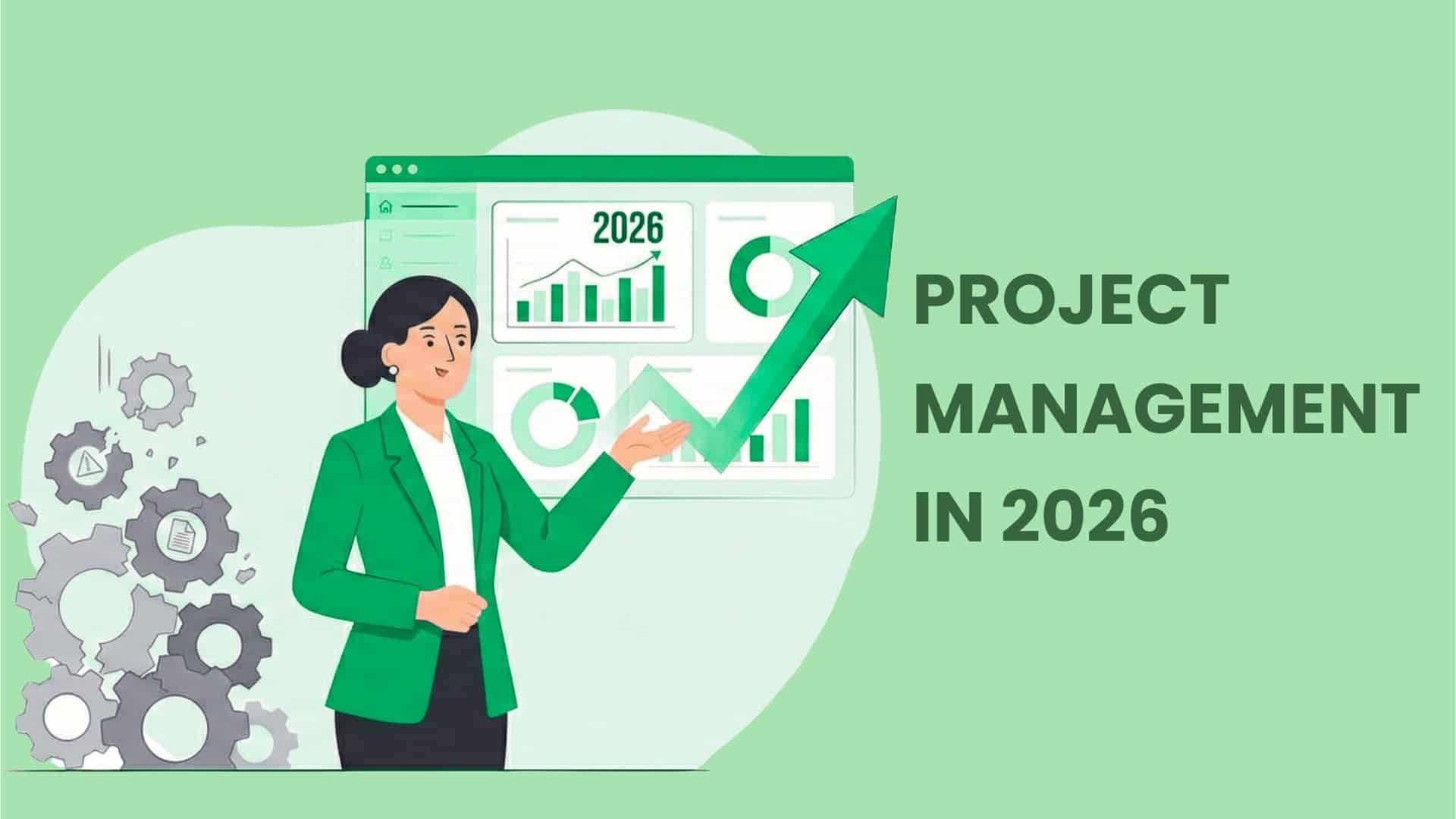
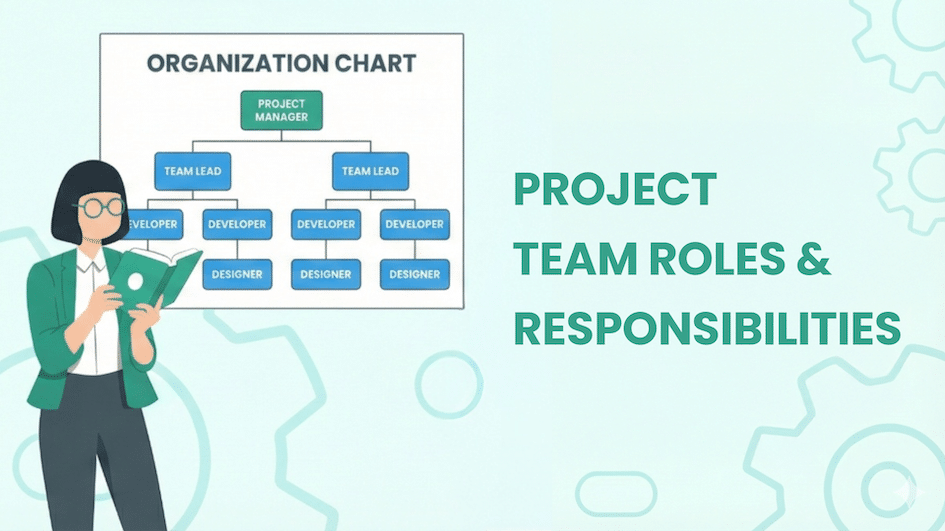
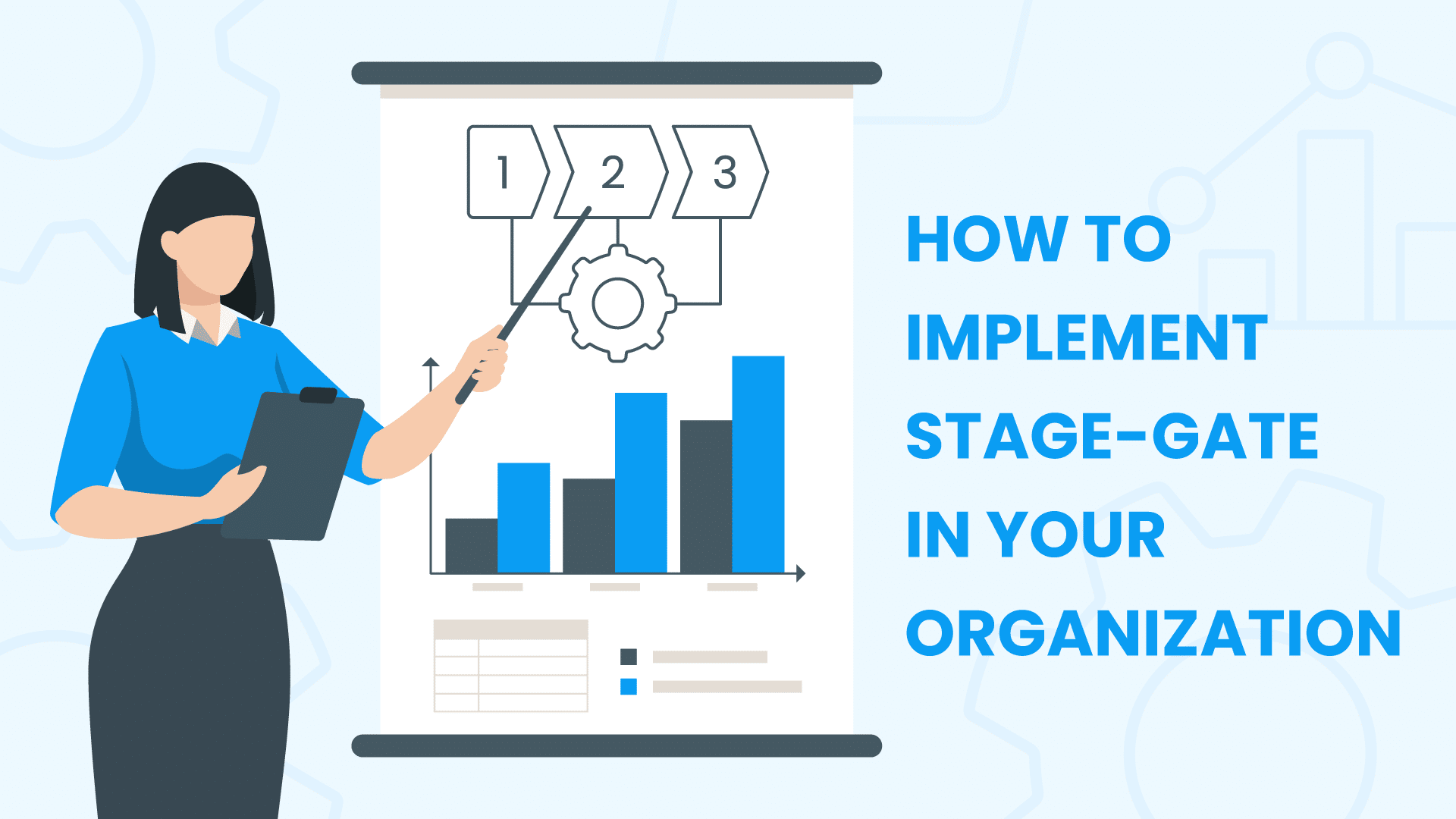


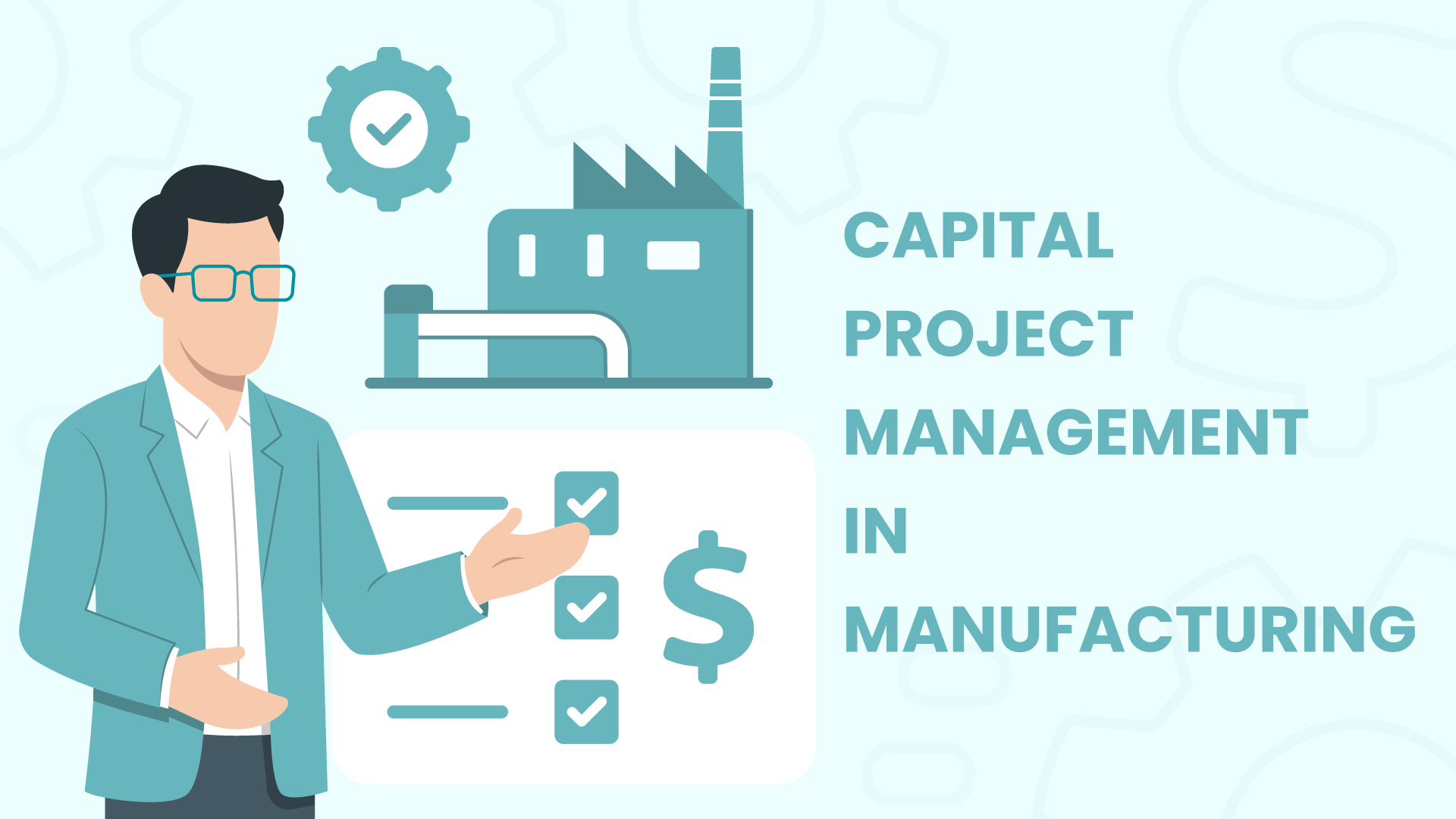








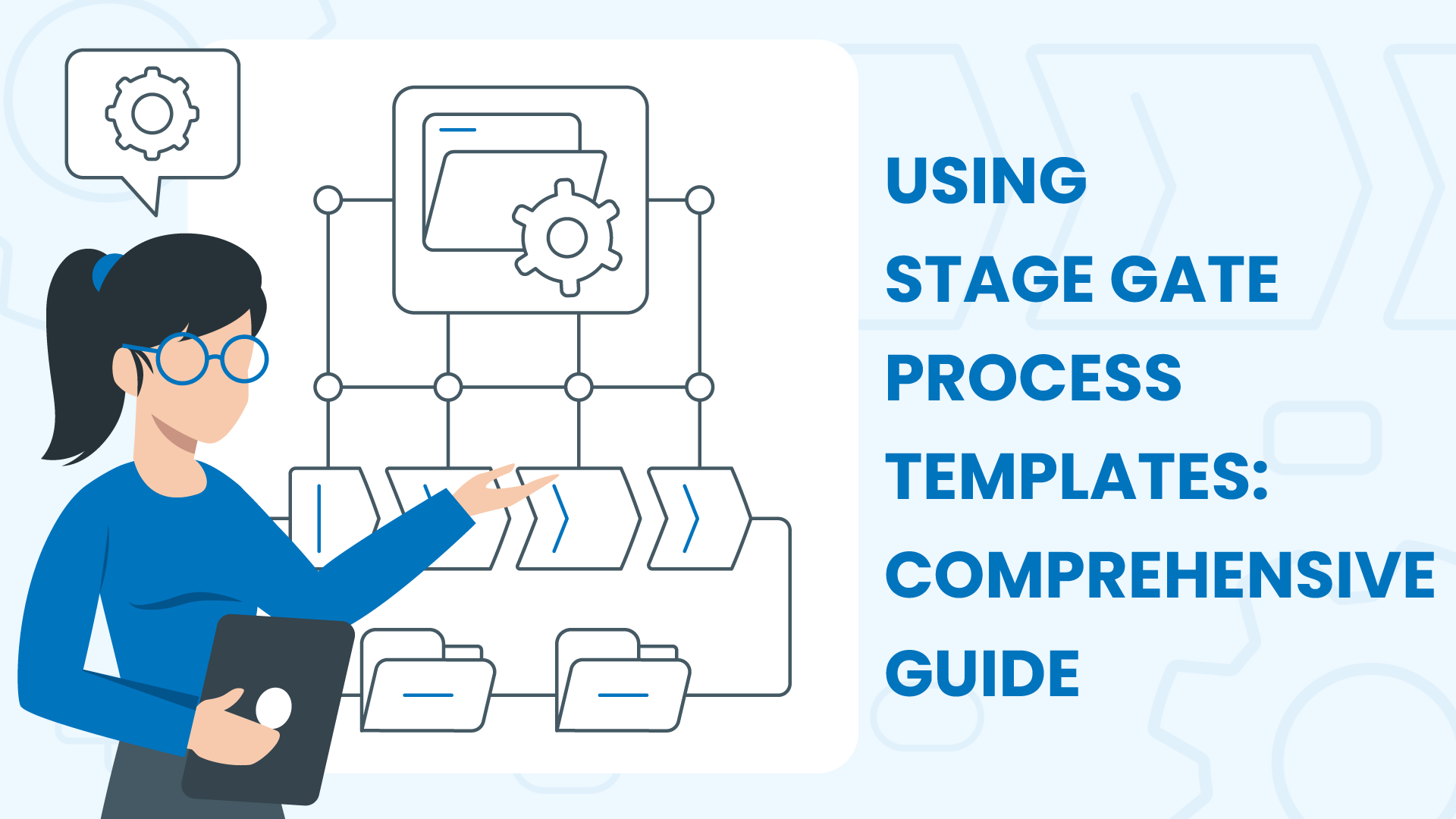




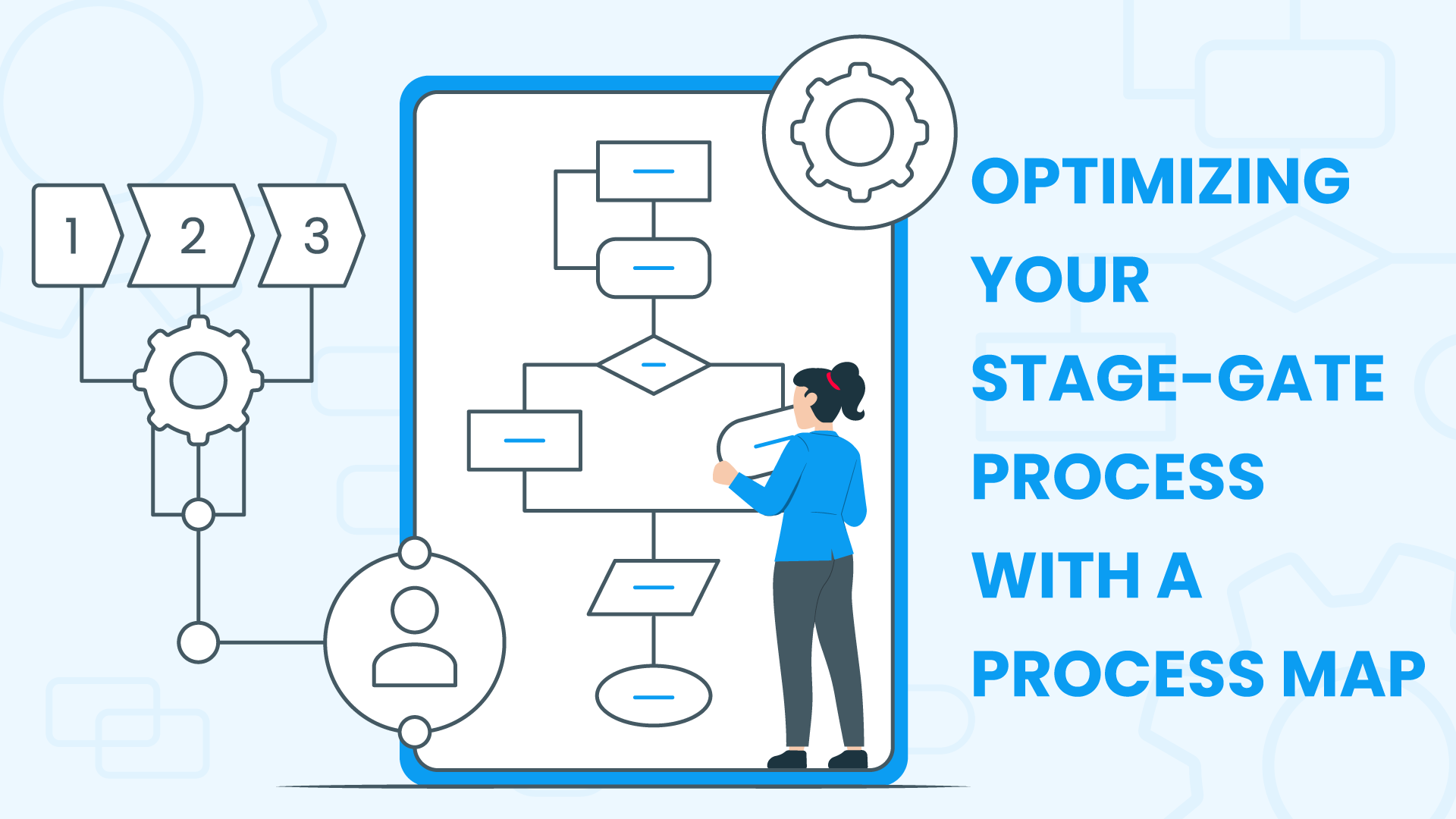


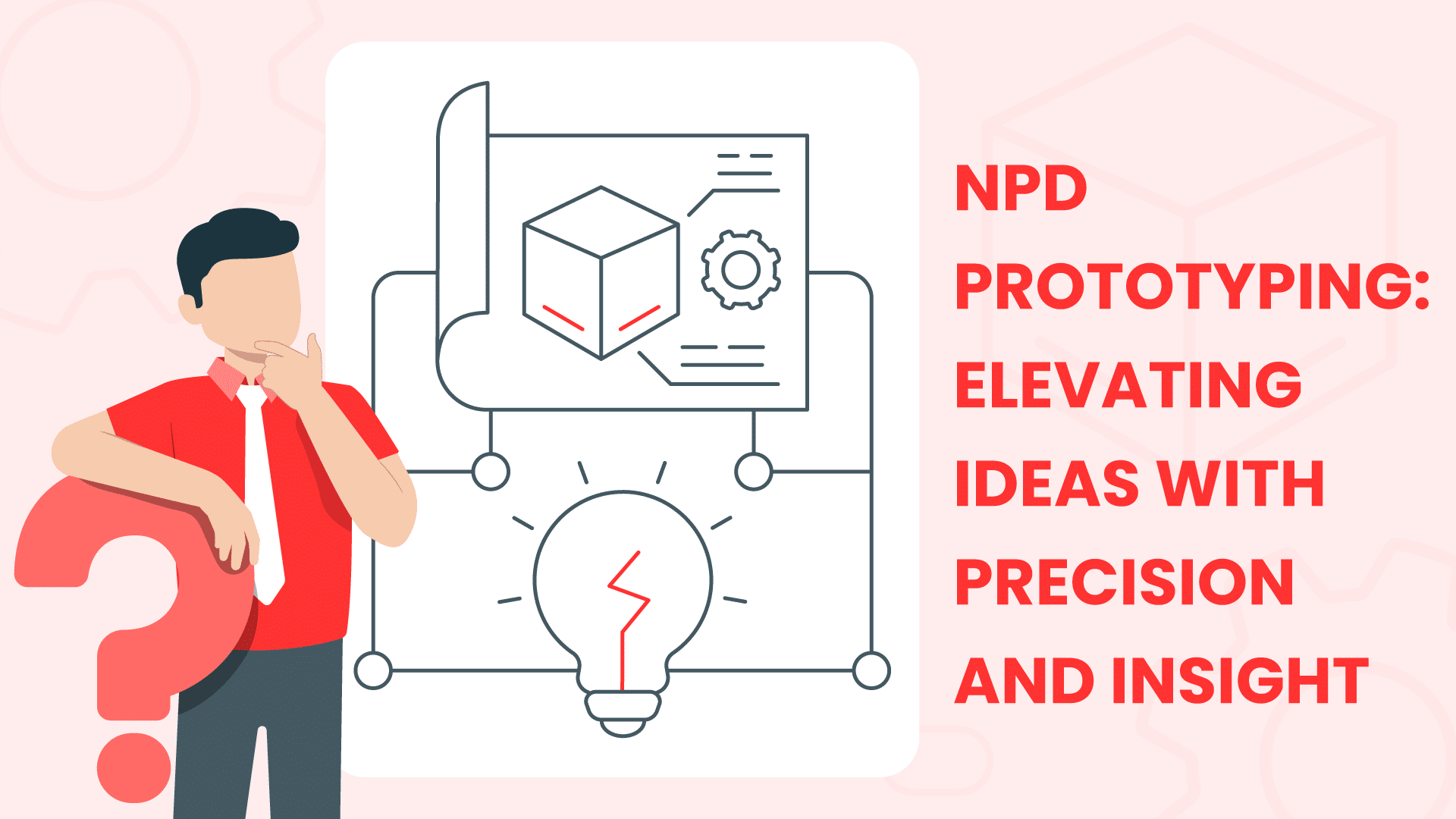

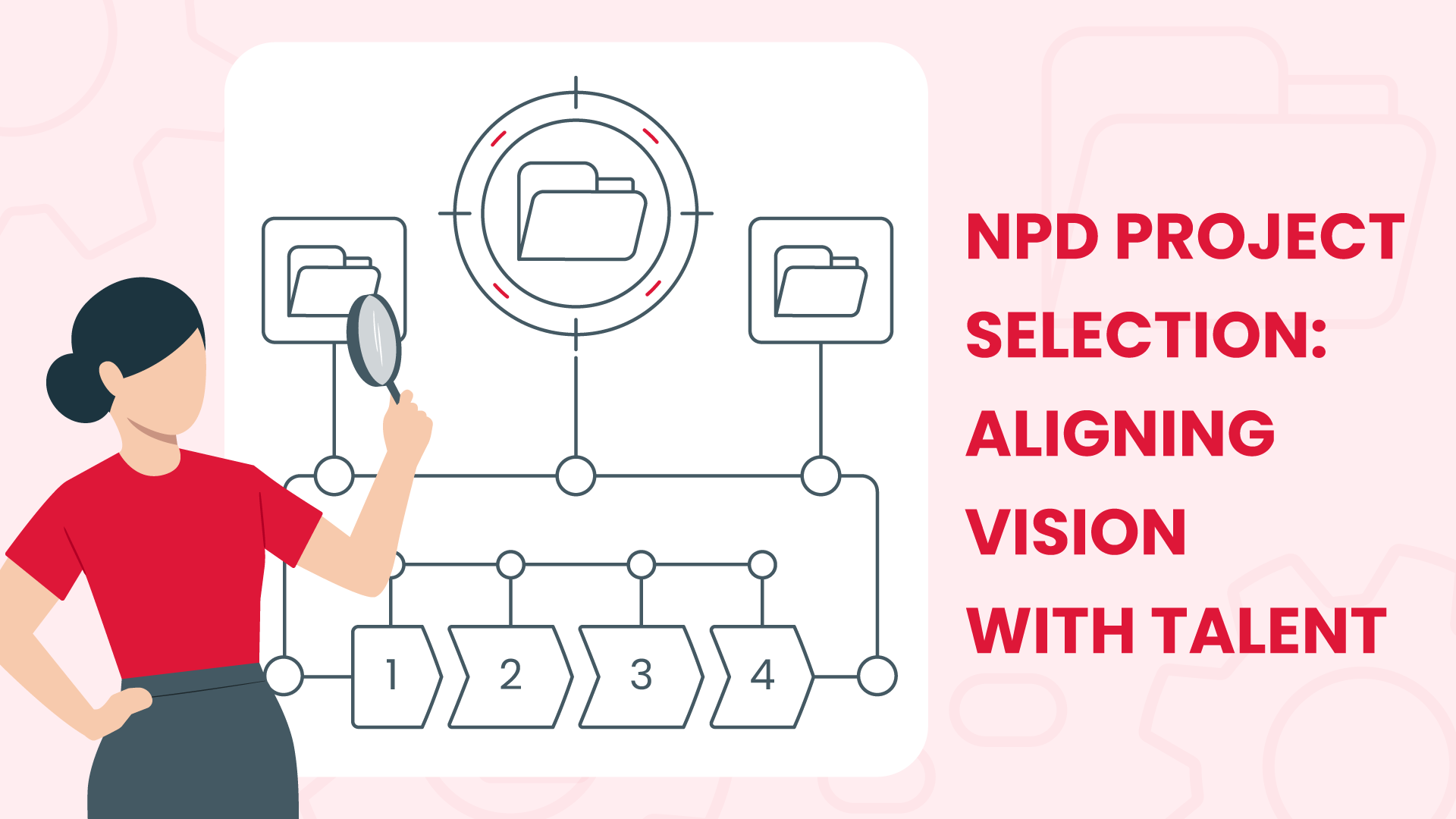



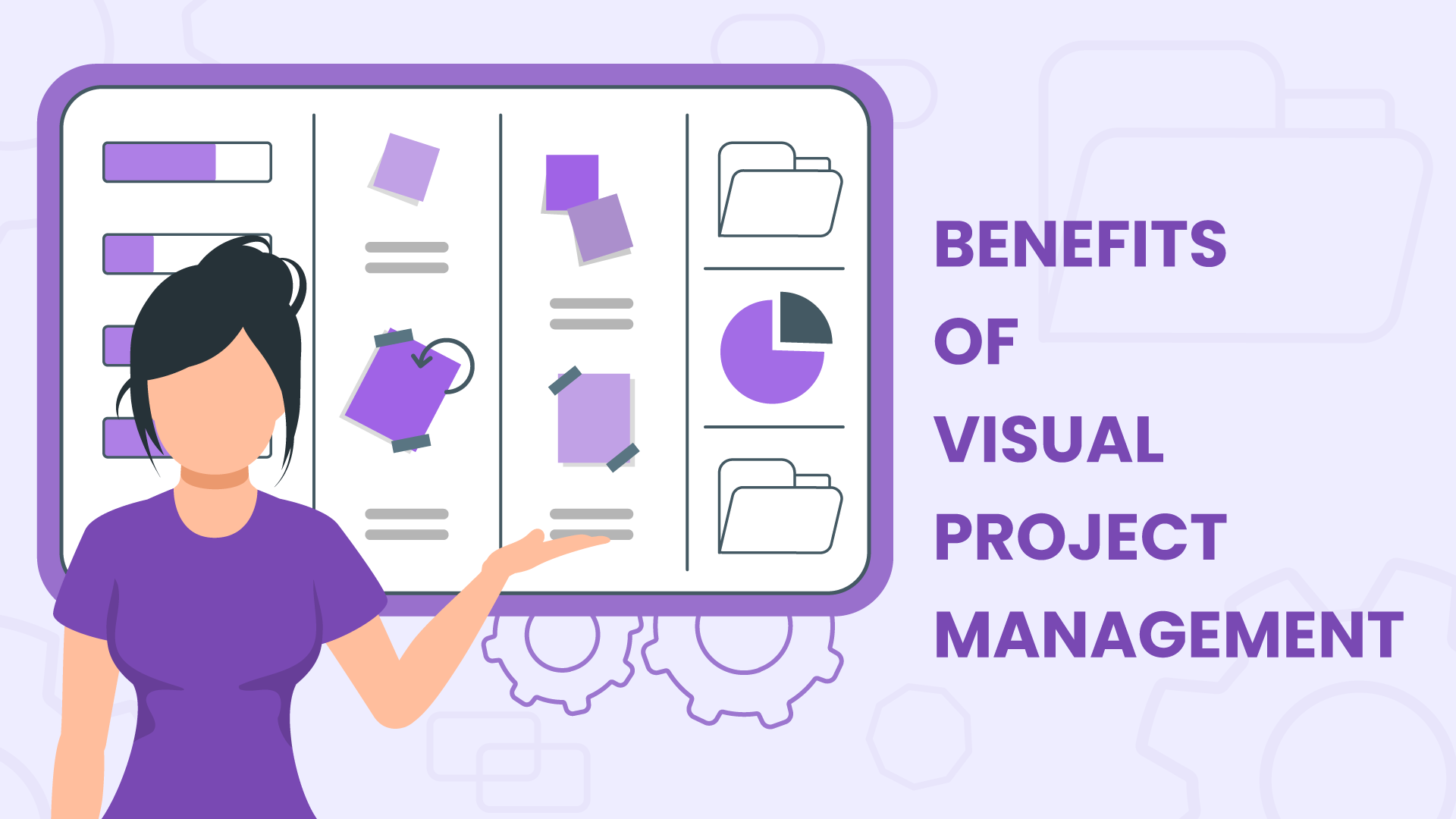


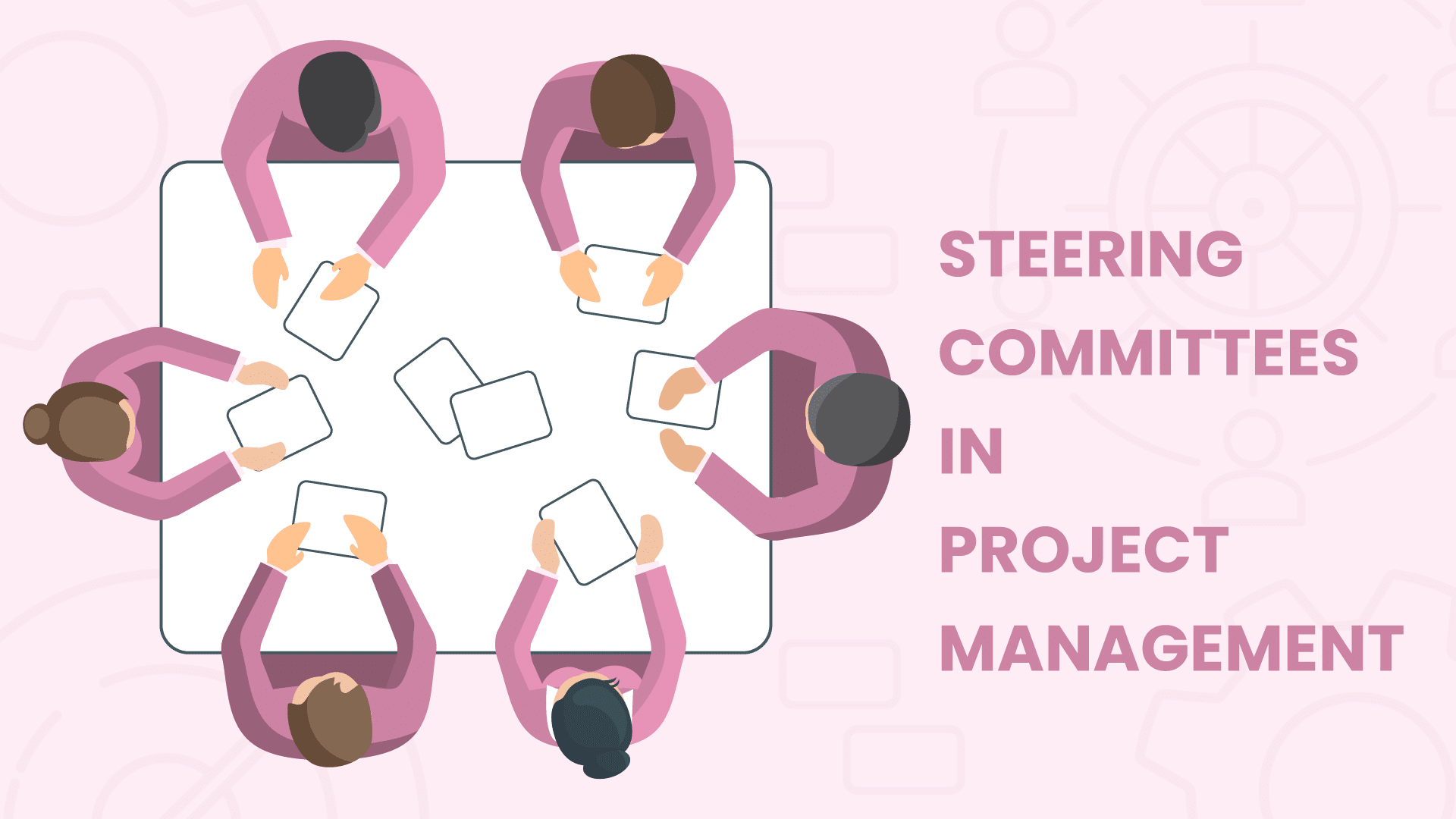





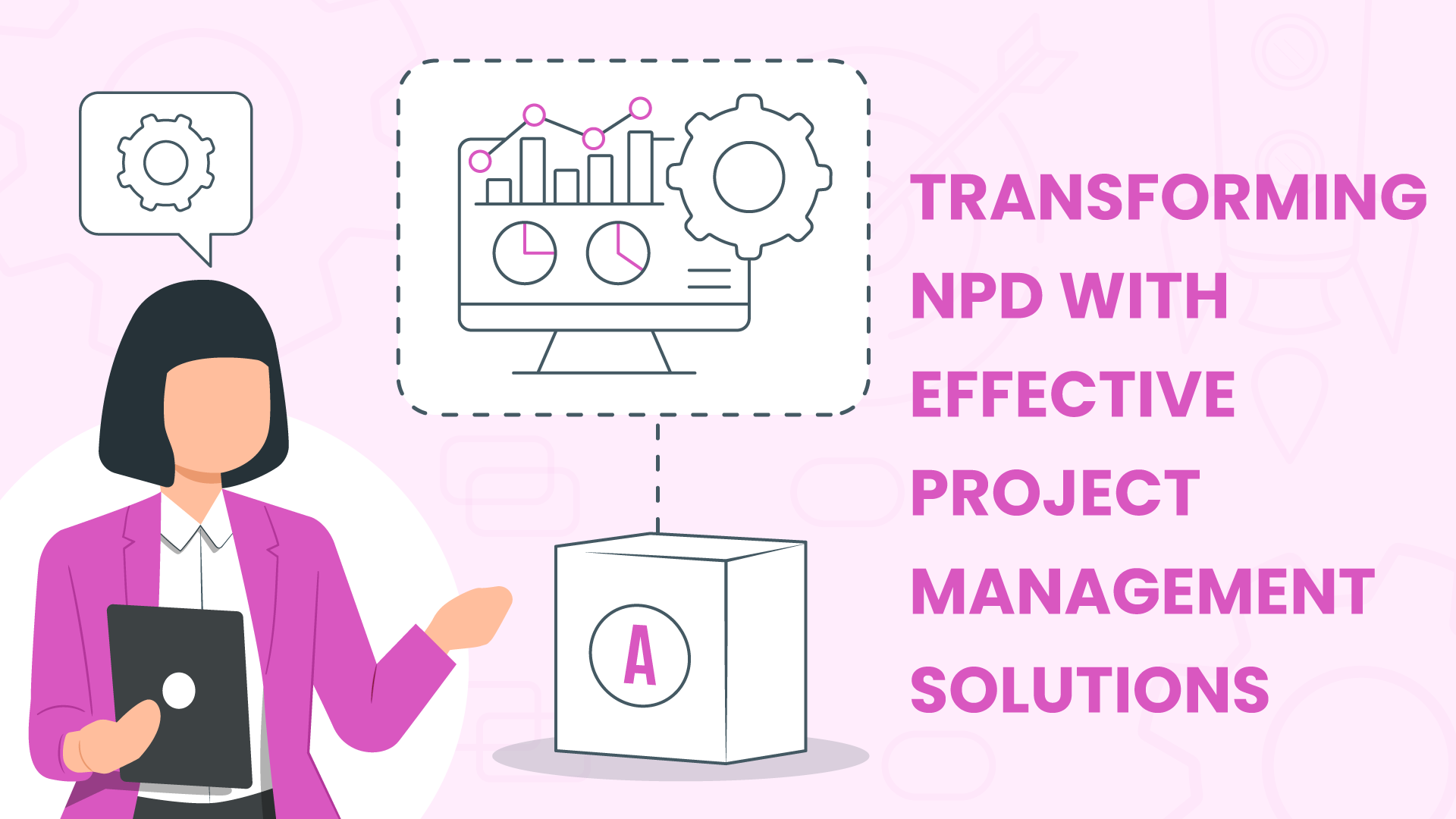
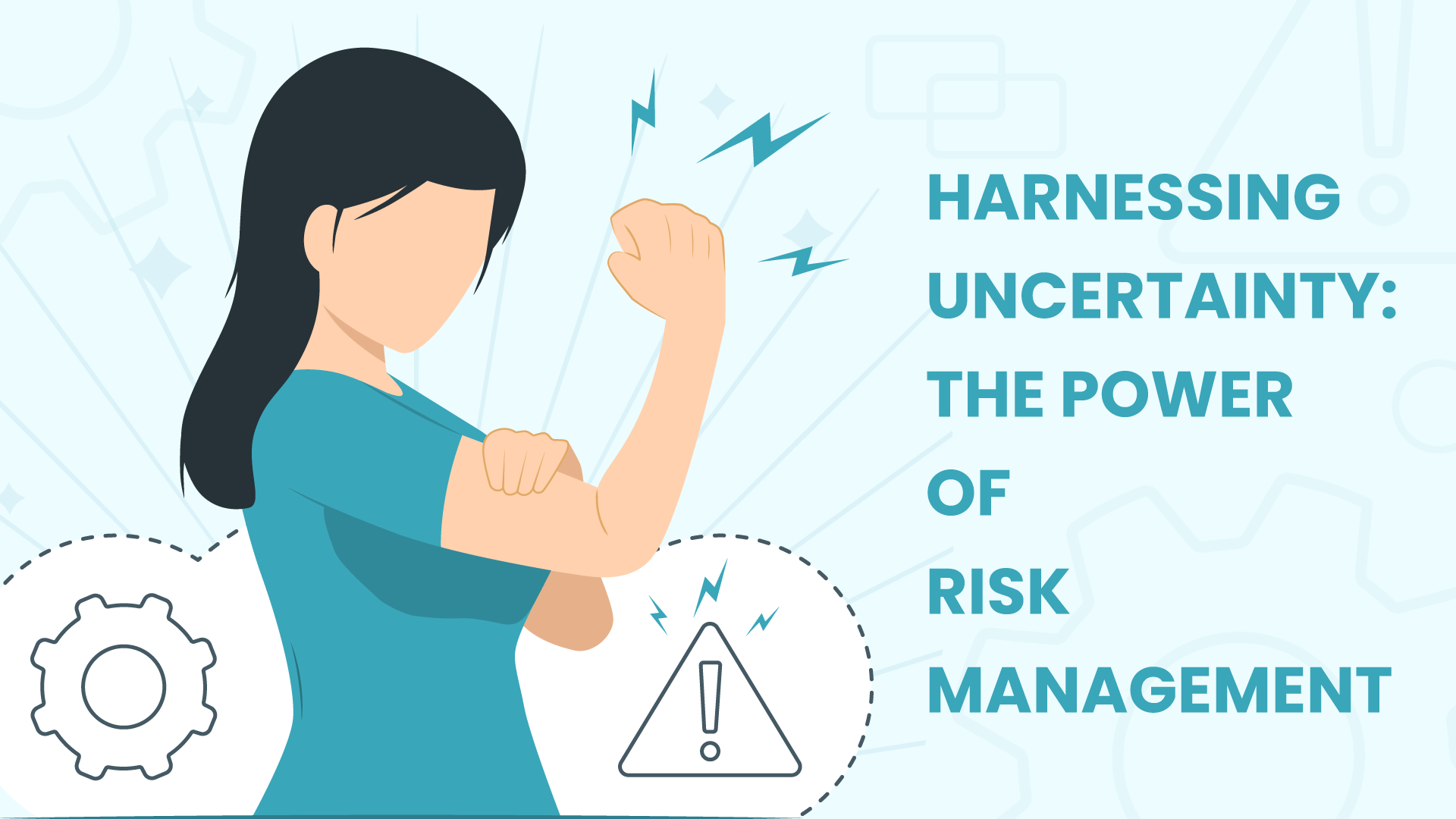
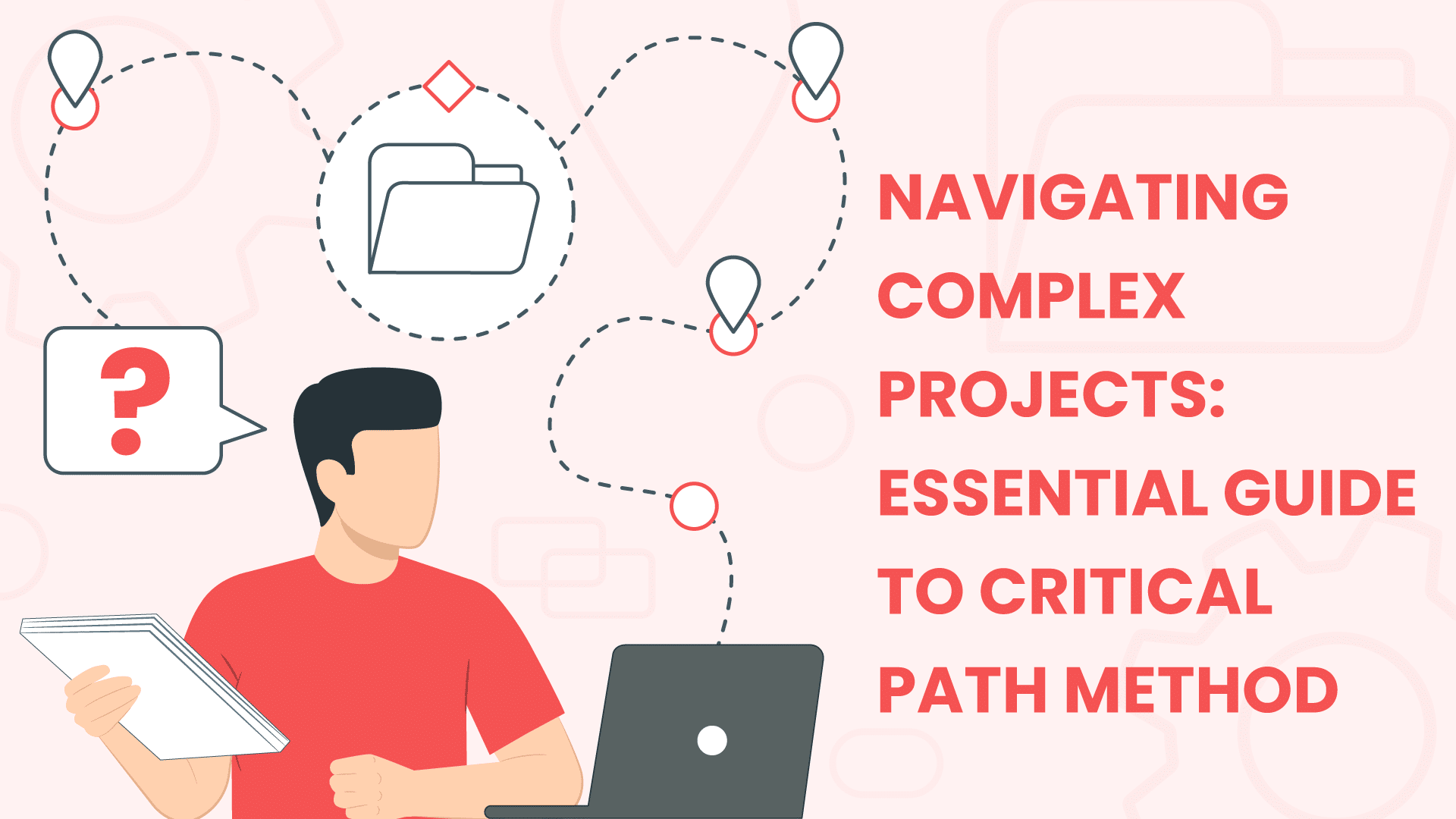





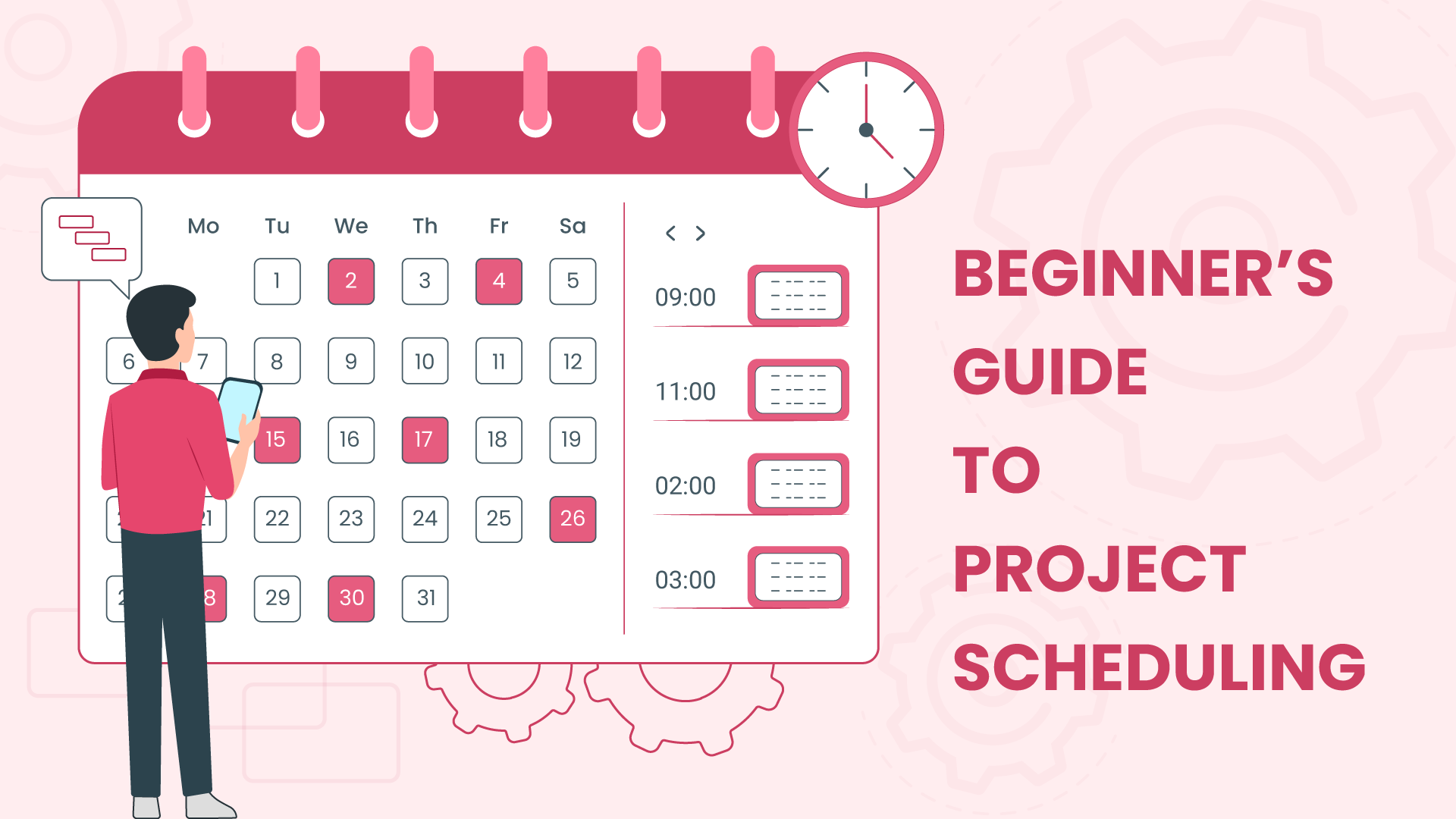
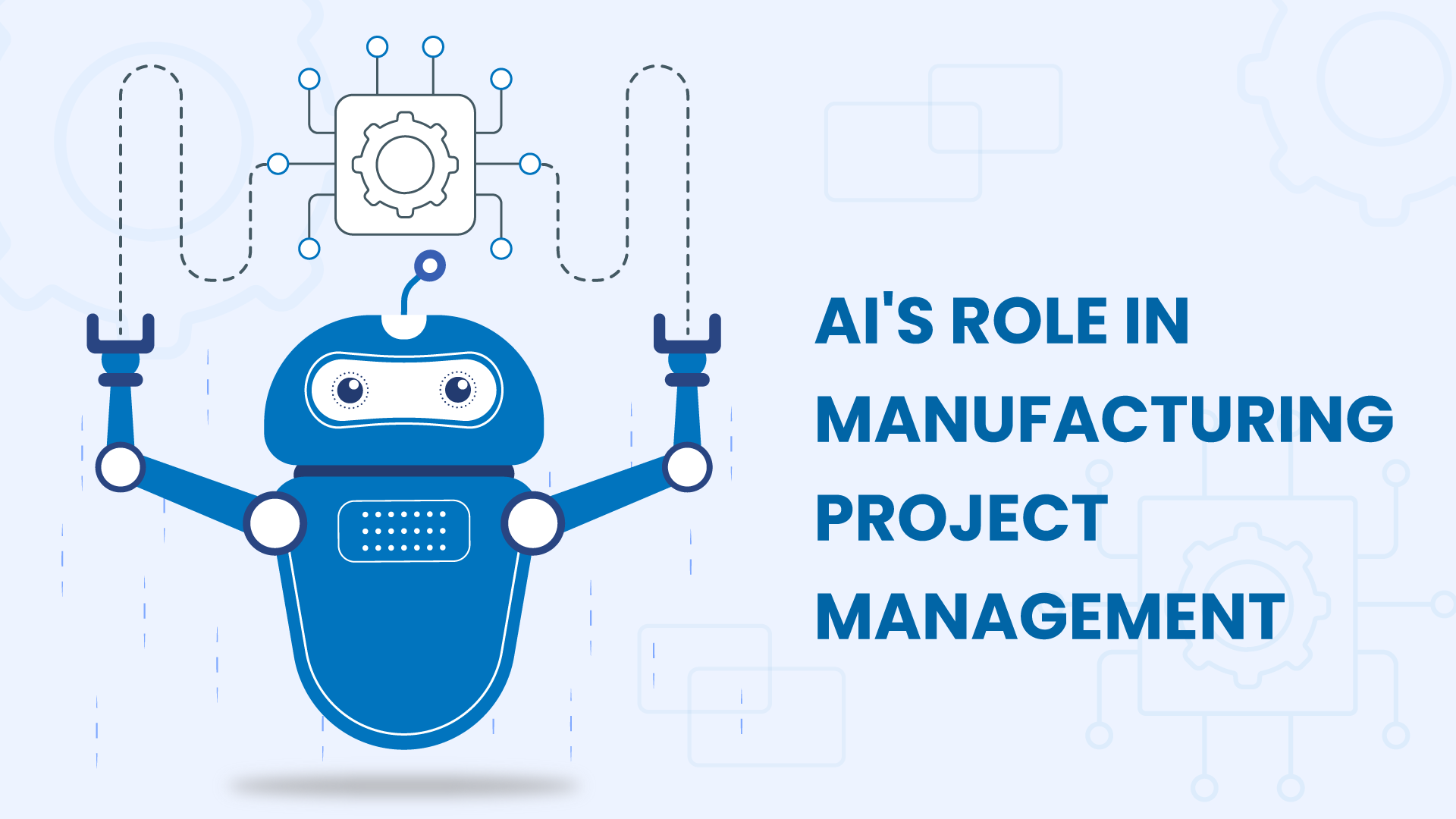


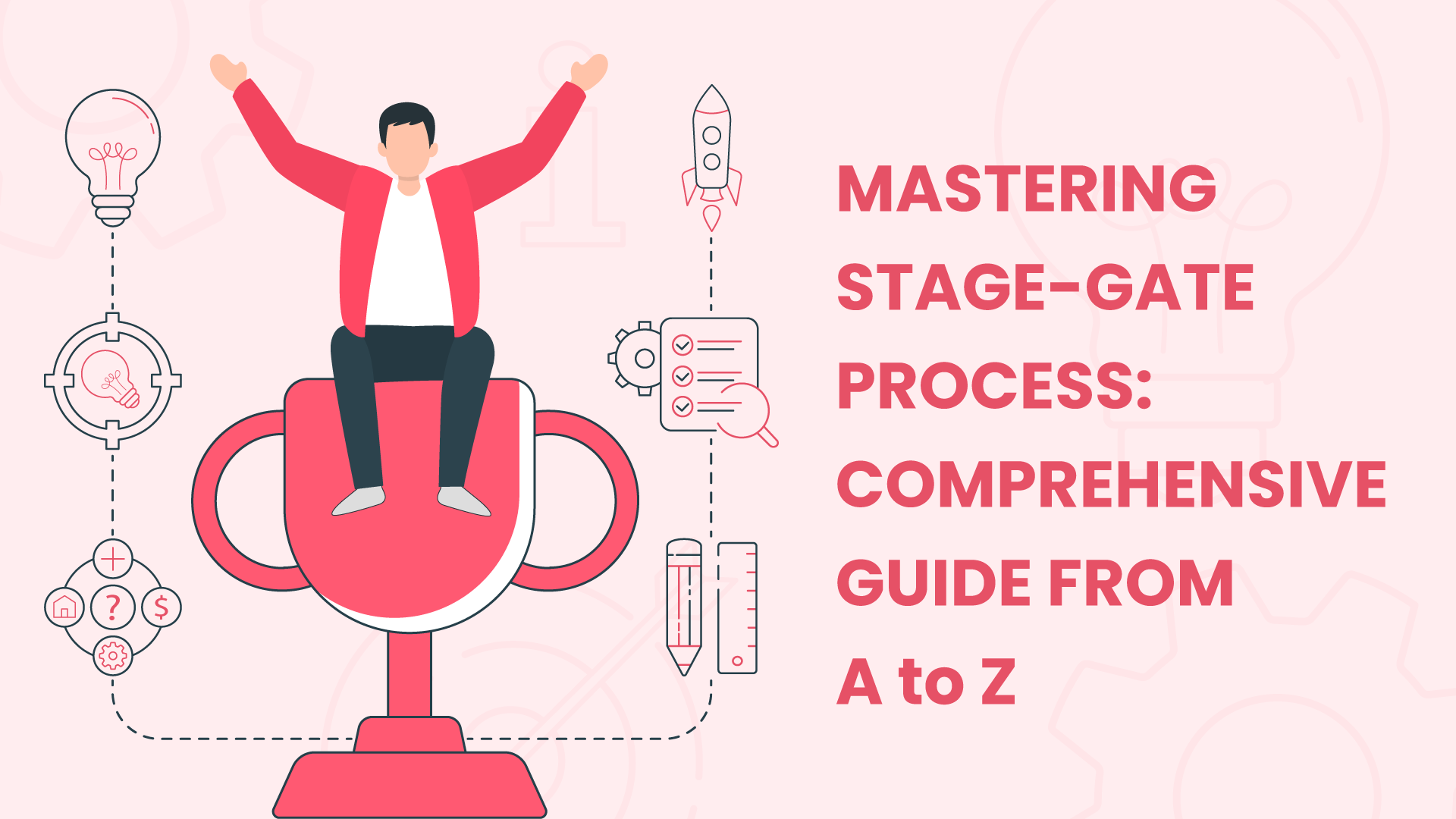







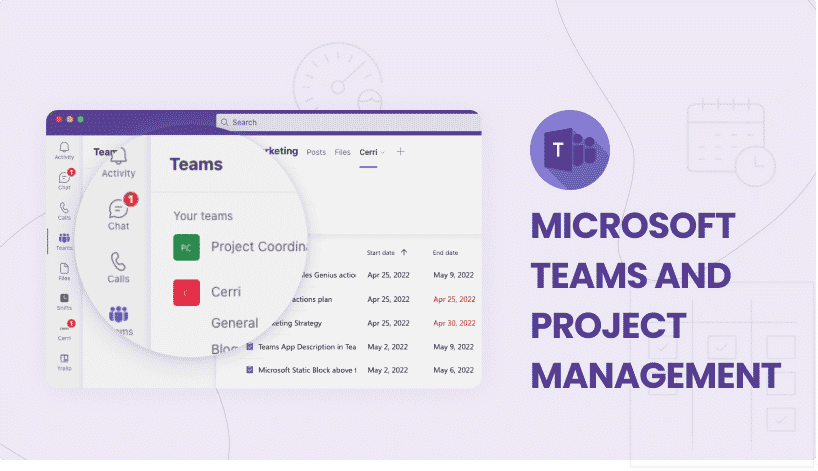





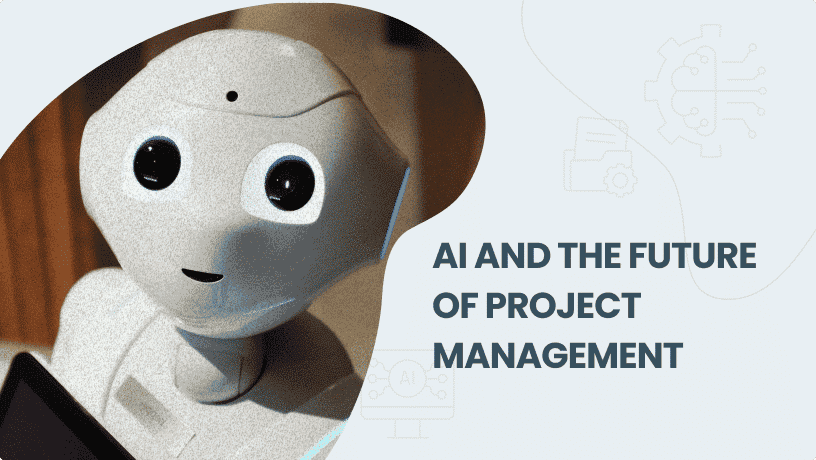







 Task Management
Task Management 




















 Customization
Customization
